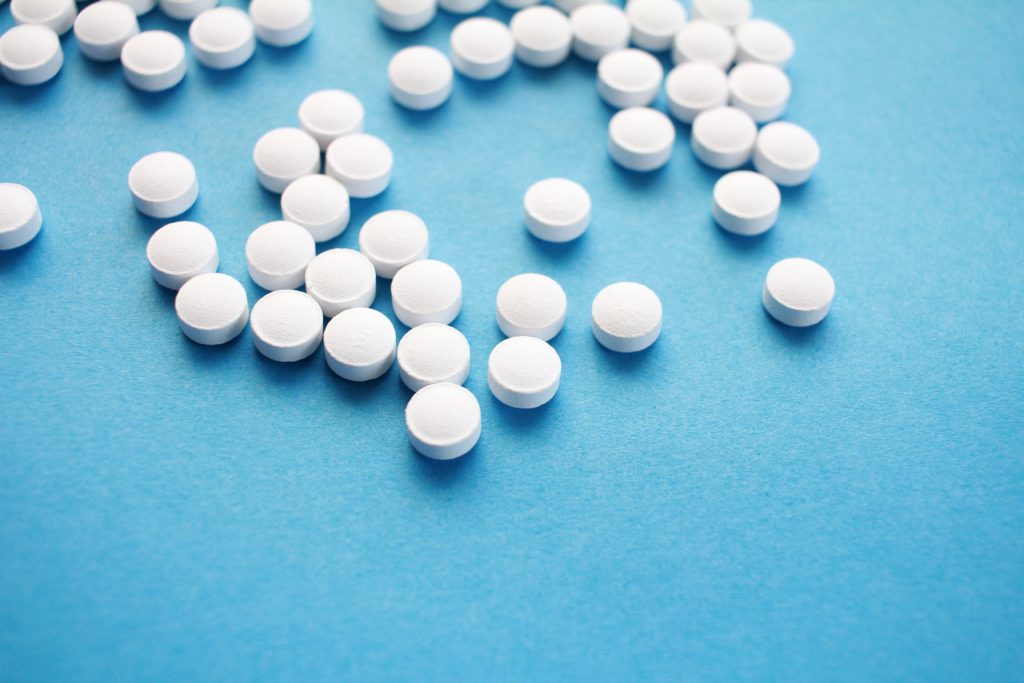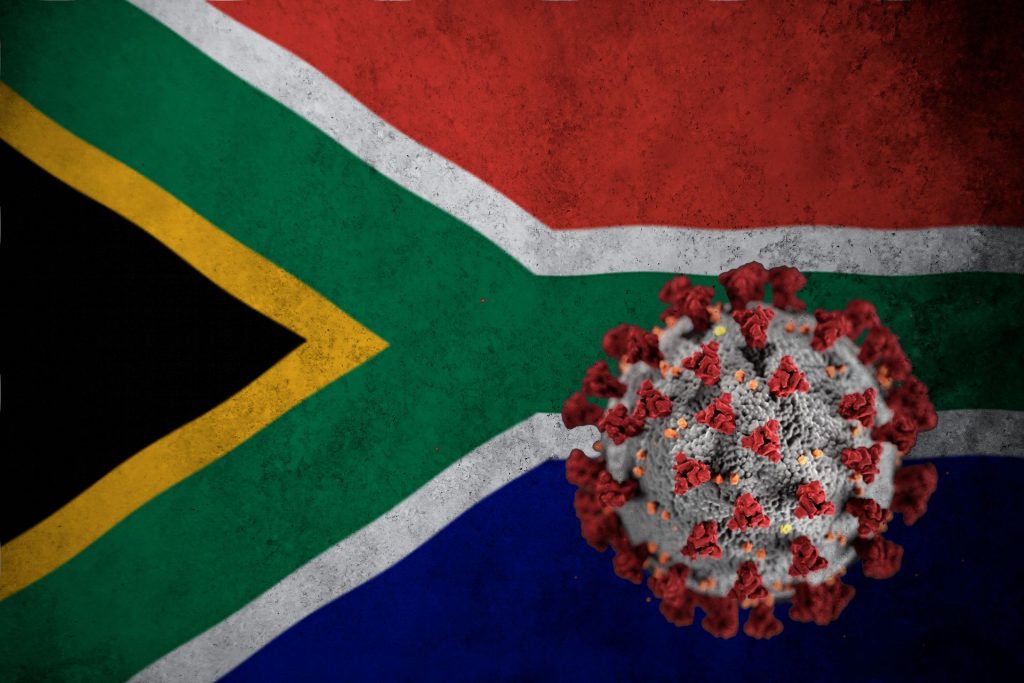SA Presses UK Over Travel Restrictions as Lockdown Eases

As the country gets back to Level 1 lockdown, pressure is mounting on the UK to revise its travel restrictions for SA.
The drop to Level 1 was announced by President Cyril Ramaphosa on Thursday, September 30. The restrictions include a midnight to 4am curfew, and restaurants to close at 11pm. Alcohol sales are likewise permitted until 11pm, and large events of up to 750 people indoors and 2000 people outdoors can be held.
This is accompanied by a renewed vaccine drive, to reach a goal of vaccinating 70% of the adult population by year end, President Ramaphosa announced.
“To reach our goal we need to administer an additional 16 million vaccine doses this year, which amounts to around 250 000 first dose vaccinations every single workday of every week until mid-December,” he said.
Meanwhile, President Ramaphosa is hopeful that SA will be taken off of the UK’s ‘red list’, which means travellers travelling or returning to the UK must quarantine for ten days in a government-designated hotel at a cost of over £2000 (R40 500). The tourist industry, which has lost half a million jobs, is pressing for SA to be removed from the UK’s red list in time for the festive season, which sees many British travellers coming to enjoy the summer here.
Former UK cabinet minister Peter Hain this week also called on the UK to release SA from its travel red list, calling it a “ludicrous” decision, as it was not backed up by science.
“SA has a low infection rate: just a tenth of the infections in the UK and a similarly low fraction compared with much of Europe. It has only one variant in circulation, exactly the same variant as in the UK, Delta,” Hain said in a statement on Thursday.
Ramaphosa said that spoke with UK prime minister Boris Johnson on Thursday, and was hopeful of a “positive outcome” in a few days.
“Our greatest priority now is to ensure that the economy recovers as quickly as possible so that we can create jobs and help businesses to get back on their feet,” he said.
Source: BusinessTech





